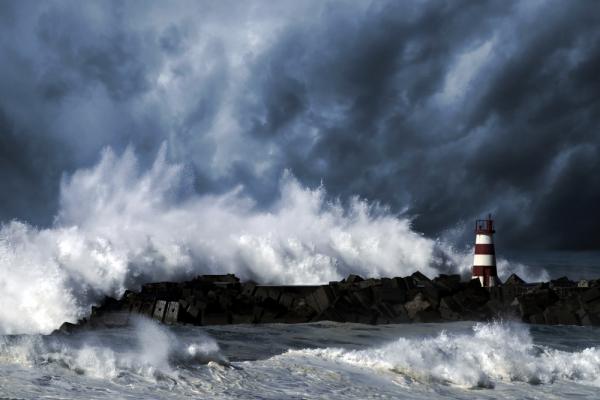Aug 22, 2017
I believe we’re called to be Peters in the world: Proclaiming our belief in God, and calling each other to faithful discipleship. Being supportive and loving is what we are called to do. Holding each other up and encouraging one another is part of our job as Jesus followers. Supporting the last, the least, the lost, and the left behind is our mission.
Read the Full Article

Already a subscriber? Login
